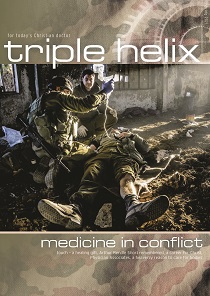In reality, presumed consent equals no consent unless there is an effective, diverse, extensive, sustained, and comprehensive public information programme. Such a campaign would need to capture the entire adult population, including those on the margins of society who might, because of disability, illiteracy, internet access, linguistic or cultural problems, be less likely to receive, digest or act on the information. [3,4]
Within the first four months of the law coming into effect, of the two per cent of the population (1.7 million people) who had already opted-out, those from ethnic minorities numbered 1.47 million. 47 per cent of these were Asian, and 14 per cent were black (compared with 7.5 per cent and 3.3 per cent, respectively, in the general population). [6] Taking into account the fact that 32 per cent of patients on the waiting lists for transplant are Black or Asian and that someone from a similar ethnic background is more likely to be a good tissue type match, [7]this suggests there will be a much lower chance of someone from either of these groups receiving a timely transplant compared with an ethnically 'white British' patient.
Religious as well as other cultural factors may be at play. The authorities have offered leaflets and short videos in various languages, explaining the transplant system in England, including some religious aspects. [1,8,9] However, the coverage is by no means comprehensive. For example, the Christian leaflet is only available in Polish or English. Not all have been updated with the legal changes of May 2020. The soundtracks of 'other language videos' are spoken in English, so one must be able to read the subtitles to benefit from the translation. It may well be that people from ethnic minorities chose to opt-out without having first understood the issues at stake. It is also quite possible that many who would wish to do so fail to opt-out because they do not yet know about the new legislation.
To be morally acceptable, the opt-out system must be accompanied by a long-sustained, more extensive, more prominent publicity campaign, with both oral & written communications in many languages reaching people on the margins of British society.































